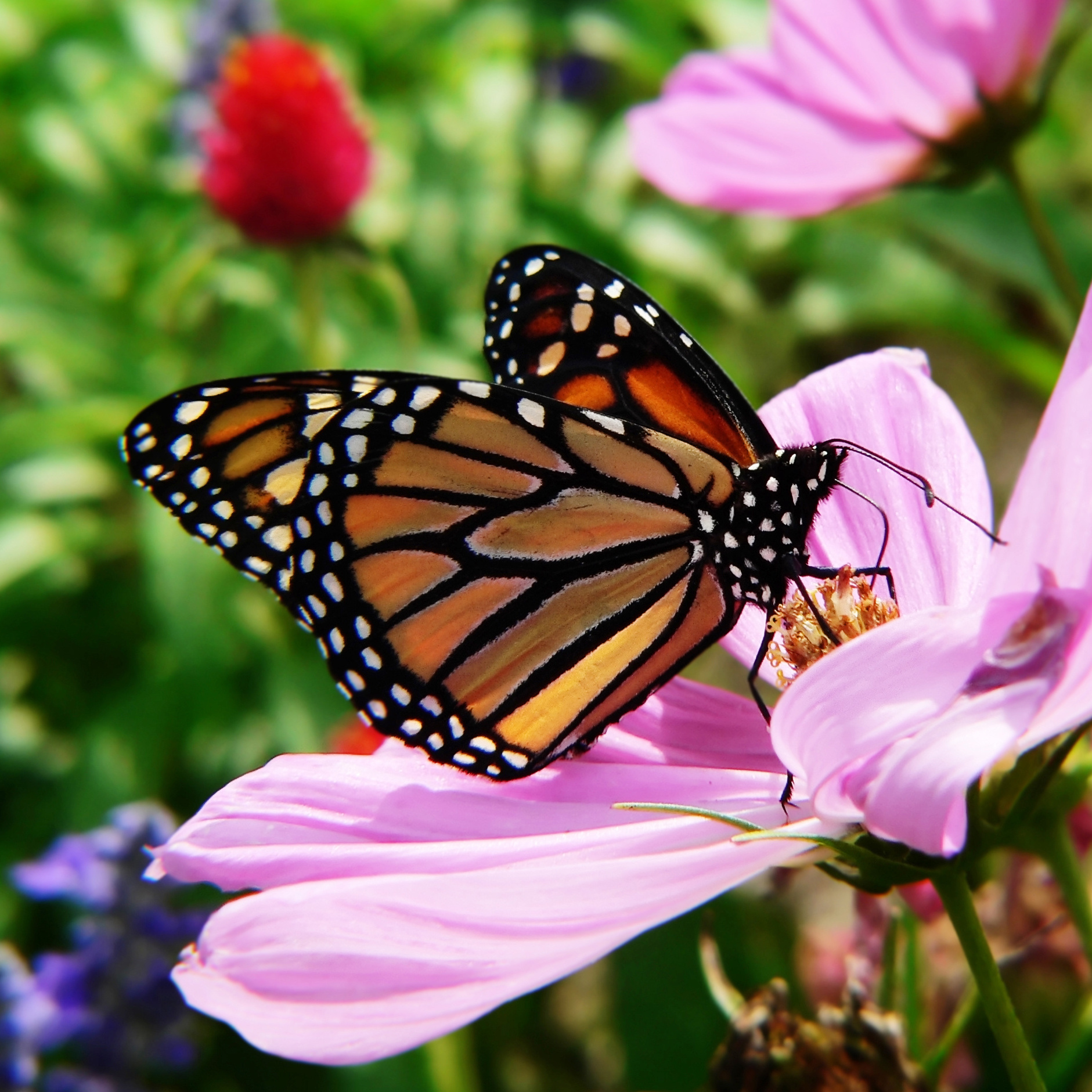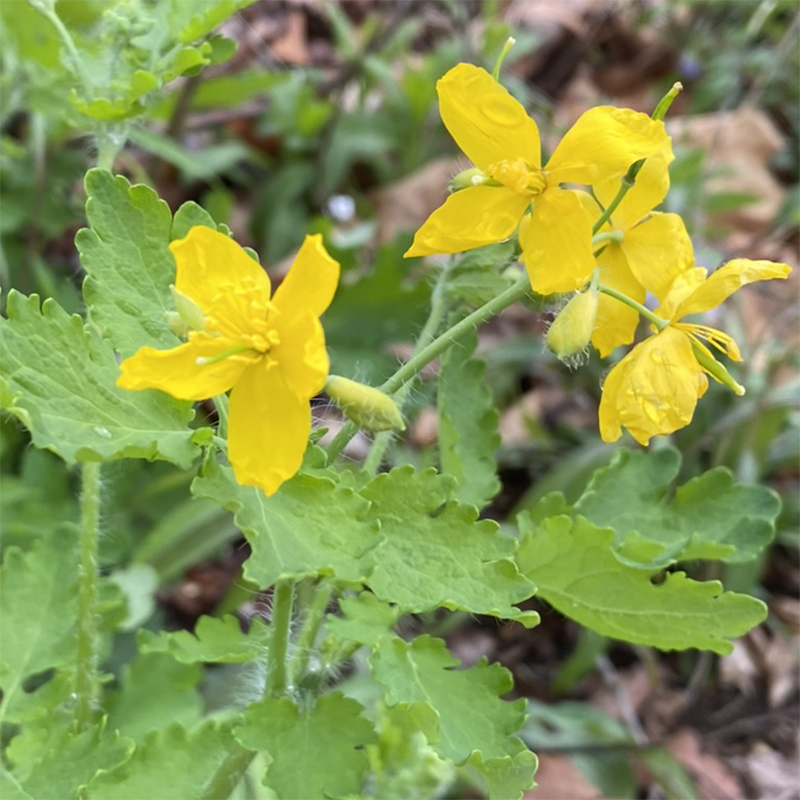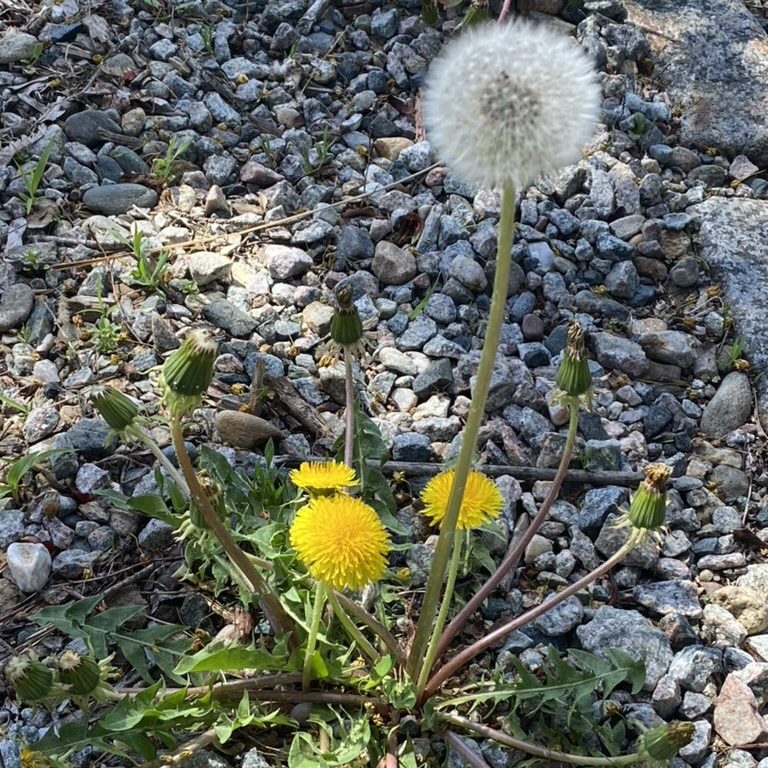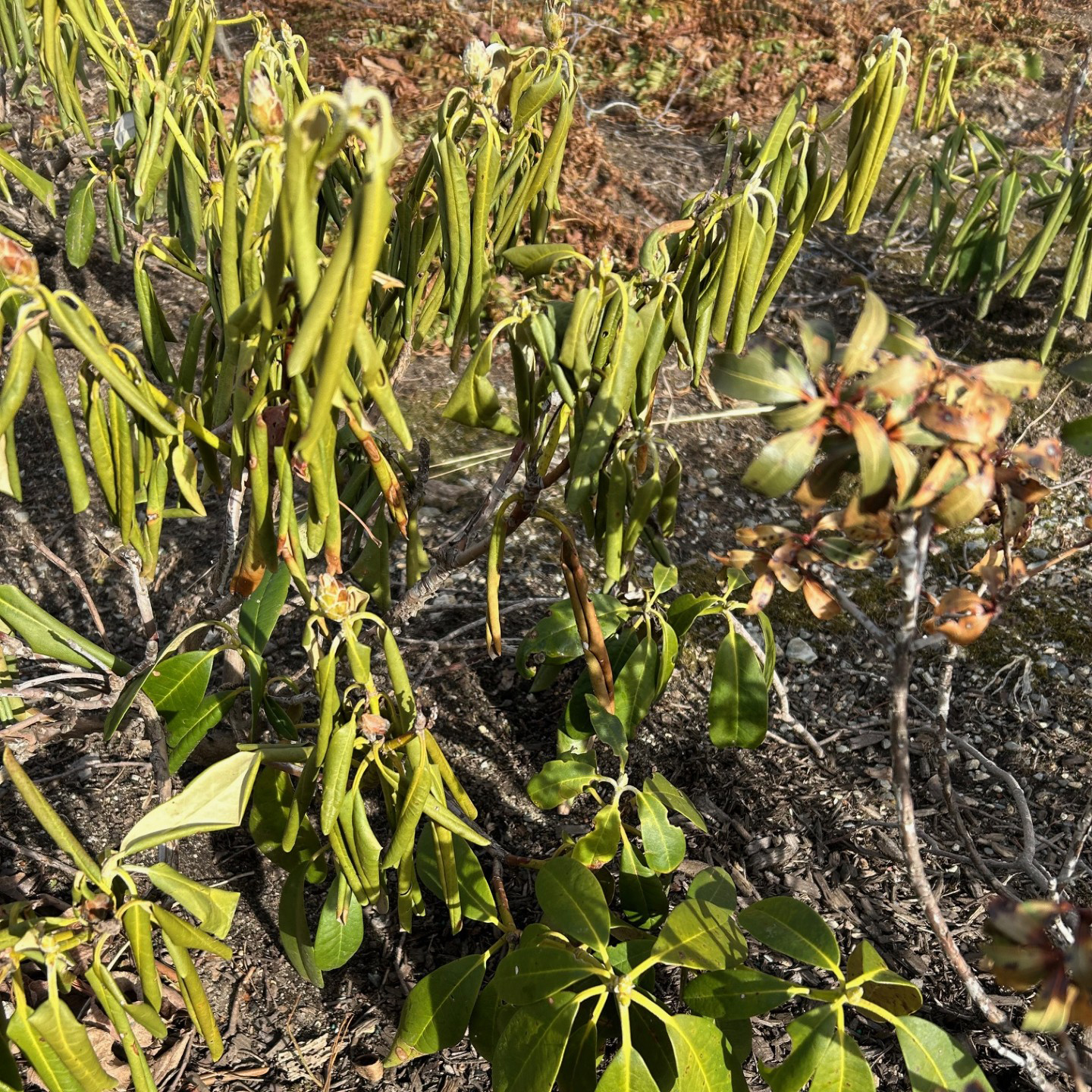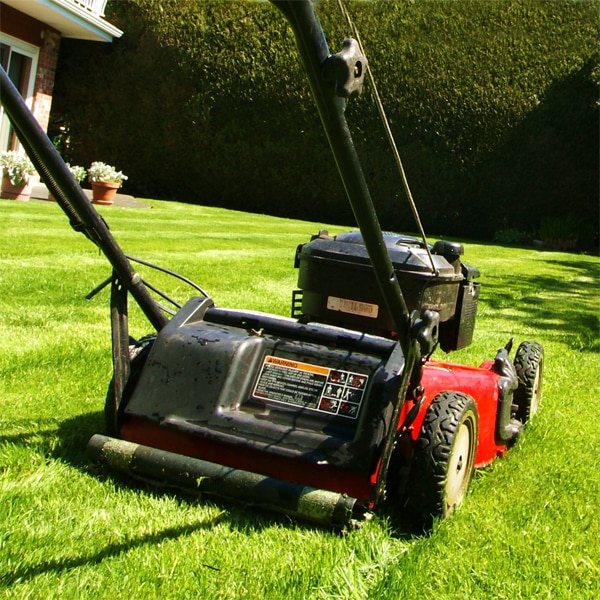
1. Mow your lawn regularly, even when it’s hot outside.
Mow your lawn regularly, even when it’s hot outside. Adjust your mower blades to a height somewhere between 3-4, which is the sweet spot for cultivating a nice swath of emerald turf. Mow too short and your stubble lawn will burn at the roots, and grass that’s allowed to grow long will invite disease and grow less vigorously.
If your lawn does get a little shaggy? Don’t be tempted to mow it all back down at once- if you cut more than 1/3 of the grass blade you could stunt its growth altogether.
2. Keep those mower blades sharp!
Keep those mower blades sharp! Dull blades rip the grass rather than prune it, while a clean-cut encourages growth and makes the job a lot faster.
If you’re mowing regularly, you should be sharpening the blades twice per season; if you’re handy you can take the blade off and do it yourself with a file or dremel, or bring it to a hardware store that offers tool sharpening services.
3. You grow the grass
You grow the grass, you give it nutrients in the spring, you water it regularly- so don’t bag up all those nutrient-rich grass clippings and throw them away! Mulch your clippings back into the lawn so they can put nutrients back into the soil and protect the roots.
4. Slow release fertilizers are superior for lawns
Slow release fertilizers are superior for lawns. Look for a fertilizer that is organic and high in nitrogen, and avoid fertilizing in periods of heat and drought when your grass may be feeling a little stressed.
5. The war on weeds!
The war on weeds should be fought early in the season, when temperatures are cooler and the chemicals in herbicides are less likely to burn your summer grass. And while a pre-emptive strike might be a clever strategy in war, you really don’t want to apply herbicides to a newly seeded lawn- you’ll take out the grass seedlings, too!
6. Keep an eye out for pest
Keep an eye out for pests, of course- sod webworm and chinch bug are a couple of the usual suspects. If you do notice symptoms of these, come to our garden center and we can help you find the right product to protect your lawn.
7. Water deeply and infrequently, but still regularly
Repeat after us: water deeply and infrequently, but still regularly. Grass requires about 1 – 1.5 of water per week. Daily irrigation makes for flimsy root systems, while deep irrigation encourages the roots to plunge deeper into the soil. Like any sort of grooming regimen, you’ll want to develop a routine and stick with it, and your lawn will thank you.
8. Be mindful of disease outbreaks
High temperatures and humidity bring disease outbreaks. Beware of dollar spot, brown patch, and pythium; here at Weston Nurseries we have quite a few products that will nip those problems in the bud. Just come in and ask.
9. Wait for cooler weather to de-thatch, aerate, or seed your lawn
July & August are really bad times to de-thatch, aerate, or seed your lawn. Wait until things cool down a bit for those projects….. take a break and enjoy everything you’ve cultivated.
10. Give your turf some love
If your turf is not doing well, give it a bit of a rest, treat it well, and don’t walk on it for a few weeks while it regenerates.


